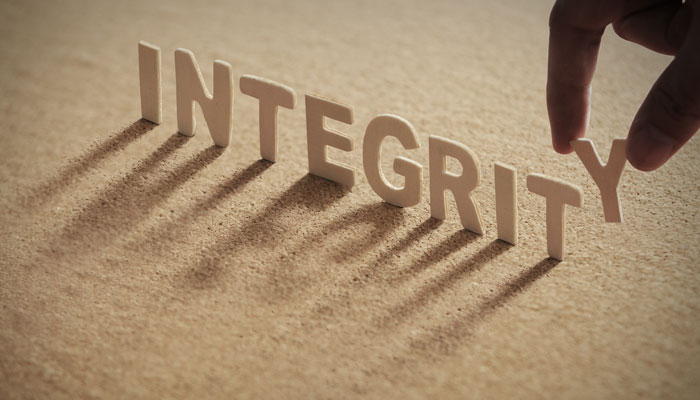Corruption risk management refers to the development of policy strategies, implementation and realization of strategies, policies and processes related to business activity in order to ensure safety and reduce risk of corruption at the lowest level.
What is corruption risk management?
Role of corruption risk management in business
The purpose of corruption risk management in enterprises aims to protect and make added value to business and its related partners, and to support them to achieve set goals.
Risk management of corruption also helps business managers to have a more thoughtful understanding of their business operations, business climate, as well as the opportunities and challenges that businesses are overcoming.
Additionally, this step helps companies eliminate corruption risks in all aspects of business, strengthen and reinforce the company’s image; optimize operational efficiency. The ultimate objective of corruption risk management is to ensure sustainable business development and balance between acceptable risks and the benefits.
Threat identification
The first stage in risk management consists in addressing the threats that businesses may face. That could be human resources (employees, partners, customers, government officials, …), procedures (unclear procedures, gaps for others to take advantage of); project (businesses connect together to discard competitors); politics (threats from tax regimes, public opinion, government policy, …).
Analysis and assessment of corruption risks
During the process of establishing internal control mechanisms, we need to analyze and evaluate corruption risks after identifying areas with high risk of corruption. Getting to this step, enterprises must research about the impact level of each risk whether it stays high, medium or low. One quick way to assess the probability of a risk is to ask and answer the following questions:
- Do I understand areas where there is a high risk of corruption in business operations?
- Do I have a commitment or policy in term of integrity in relationships to government?
- Do I fully understand the provisions of Vietnamese laws on corruption and anti-corruption?
- Do I have a contract with clear and appropriate terms and conditions of payment with the partners?
- Have I checked complete information about my business partner or joint venture or not?
If the answer to these above questions is “yes” – means that the business is on the right track on the way to prevent the company and colleagues from corruption issues. If the answer to any of the above questions is “no”, enterprises might take upon some additional measures.







